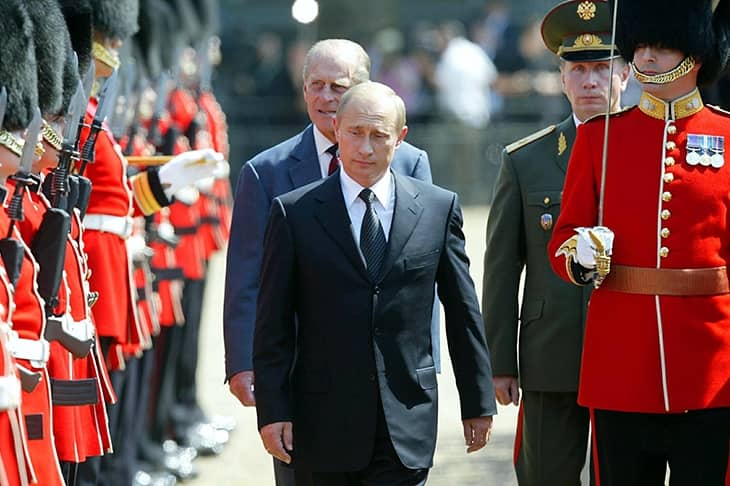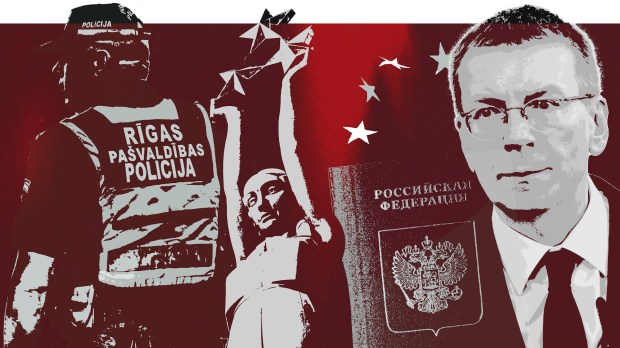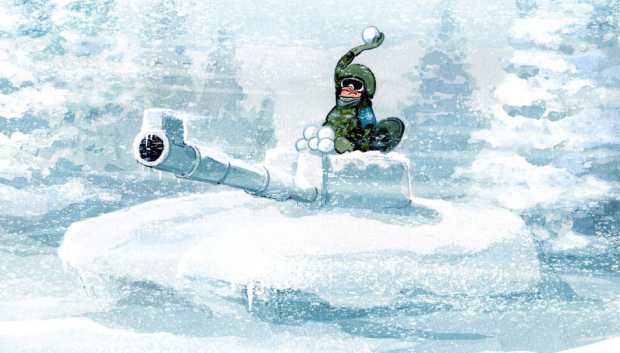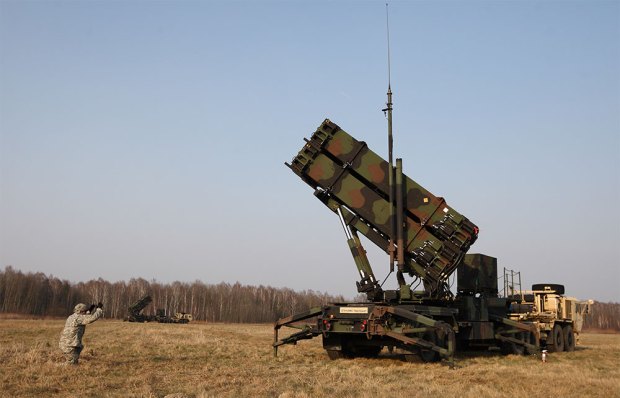The late Duke of Edinburgh would have had so much to say on the abomination being wreaked upon Ukraine. Prince Philip was our last living link with the Russian imperial court. He enjoyed childhood encounters with a killer of Rasputin. He also played his part in trying to bring post-communist Russia round to western ways during that brief, chaotic millennial window of opportunity.
So did the Queen, who still serves tea from the samovar Boris Yeltsin gave her on her state visit to Russia, though she would rather forget the four days in 2003 when the Blair government imposed Vladimir and Lyudmila Putin on her as house guests.
Prince Michael of Kent, for his part, has built something of a career around the Windsor–Romanov connection. With his impressive beard, he bears a resemblance to Tsar Nicholas II, and has long been a devoted patron of several Russian charities (till now).
For the Duke of Edinburgh, however, Russia was even more personal. His great-aunt was the last tsarina, murdered along with all those cousins he never got to meet. The tsarina’s sister – also murdered by the Bolsheviks – inspired his mother to become a nun. Philip was always very proud of great-aunt Ella and the fact that she was later made a saint. Tsar Nicholas II attended the wedding of his parents, Prince Andrew of Greece and Princess Alice, and gave the bride a set of diamonds as a wedding present. She, in turn, gave some of these to her son, who set them in the engagement ring which he designed for our future Queen.
When Russian investigators were trying to authenticate bones they believed to belong to the massacred Romanovs, the Duke agreed to provide a DNA sample along with another Romanov kinsman, the Duke of Fife, which duly confirmed that the remains were the real thing.
I talked to him about it at length during an interview on the eve of that historic (and, thus far, only) state visit to Russia in 1994. It was a far-ranging discussion with a man for whom Russia was always a source of equal exasperation and fascination. So many of his observations ring true now.
The last tsar, his great nephew reflected, was simply the wrong man in the wrong place at the start of the 20th century. ‘The trouble with Nicholas II – first of all he succeeded very young when he was in his twenties and he wasn’t a big man. He wasn’t loud and forceful so he didn’t fill the picture that people expected. The Emperor Alexander III was an enormous man, I mean vast. He was the archetypal autocrat. You just looked at him and nobody really challenged him.’
The Russian national psyche, the Duke believed, ultimately did for the Romanovs. ‘One of the great features of Russia throughout its history has been this internal conflict, going right back, because it’s such a big country; because the people… are much more emotional, more responsive. The point is that the Russians are not mild.’
Prince Philip had grown up on stories of life at the imperial court. Following his father’s narrow escape from a Greek firing squad, the family had come to live in Paris where fugitive members of Russian royalty were frequent visitors. ‘Nicholas I’s granddaughter married my Greek grandfather, my aunt married a grand duke…’ he recalled, reeling off the connections. ‘There was a lot of folklore.’ It included the grim details of great-aunt Ella’s demise: ‘Ella was taken and thrown down a mineshaft and they lobbed some hand grenades on top of her.’
One relative who featured prominently in his early years was a rakish cousin, grand duke Dmitri, who had been one of those involved in murdering the tsarina’s troublesome ‘holy man’, Rasputin. Dmitri eventually moved to Paris, where he became a lover of Coco Chanel. ‘He was around a lot when I was a boy. He was a hugely entertaining chap,’ the Duke said fondly. ‘I remember him with great affection.’
Prince Philip was excited to be visiting Russia with the Queen to see its first stab at democracy. It wasn’t so much a case of ‘westernising’, he said. ‘They’re coming out of a dark age and they’ve got to re-learn all the parameters of a free and considerate community.’ That lesson, evidently, was not successful.
The Duke bore no residual ill-will for the murder of his cousins in 1918. ‘You can’t condemn a whole nation for what a few extremists – fundamentalists – do or did,’ he said. ‘Even amongst the people who botched the execution, there were some – even though they were almost paralytically drunk – who decided they weren’t going to take part in this.’ Nor did he feel that George V or his government were to blame for denying the tsar and the Romanovs sanctuary in Britain, pointing out that Britain’s refusal had happened after the tsar’s abdication in 1917, when he still had other places to go. ‘I think the King effectively said, “Well, let’s not stir it up by bringing it here.”’
During the Cold War, Prince Philip had met a few Soviet leaders. In 1956, he helped the Queen welcome the two most powerful men in the Kremlin to drinks at Windsor. The royal couple were struck by the communists’ reverence for their tsarist predecessors when they were shown Sir Thomas Lawrence’s portrait of Tsar Alexander I in the Waterloo chamber. ‘We drew the attention of Khrushchev and Bulganin to this picture,’ the Duke recalled, ‘and the response was: “Oh, he was a great patriot and a great figure in our history”. Then we took them through to the red drawing room, which seemed appropriate.’
As to whether Russia might ever revive its monarchy, he had doubts: ‘Well there are two sides. One is whether the people want something like that; the other is whether the pretenders actually want to go back. Because I don’t think it’s an unmitigated pleasure.’
There was plenty of renewed royalist fervour when the Queen and Duke finally landed in Moscow in 1994, all the more so in St Petersburg where the Royal Yacht sailed up the Neva to meet them. In honour of the visit, the hosts even restored the quayside to its original pre-revolutionary name: the English Embankment. The man in charge of these arrangements? A taciturn deputy-mayor named Vladimir Putin.
Got something to add? Join the discussion and comment below.
Get 10 issues for just $10
Subscribe to The Spectator Australia today for the next 10 magazine issues, plus full online access, for just $10.
Queen of Our Times by Robert Hardman is published this week (Macmillan £20).
You might disagree with half of it, but you’ll enjoy reading all of it. Try your first month for free, then just $2 a week for the remainder of your first year.














Comments
Don't miss out
Join the conversation with other Spectator Australia readers. Subscribe to leave a comment.
SUBSCRIBEAlready a subscriber? Log in